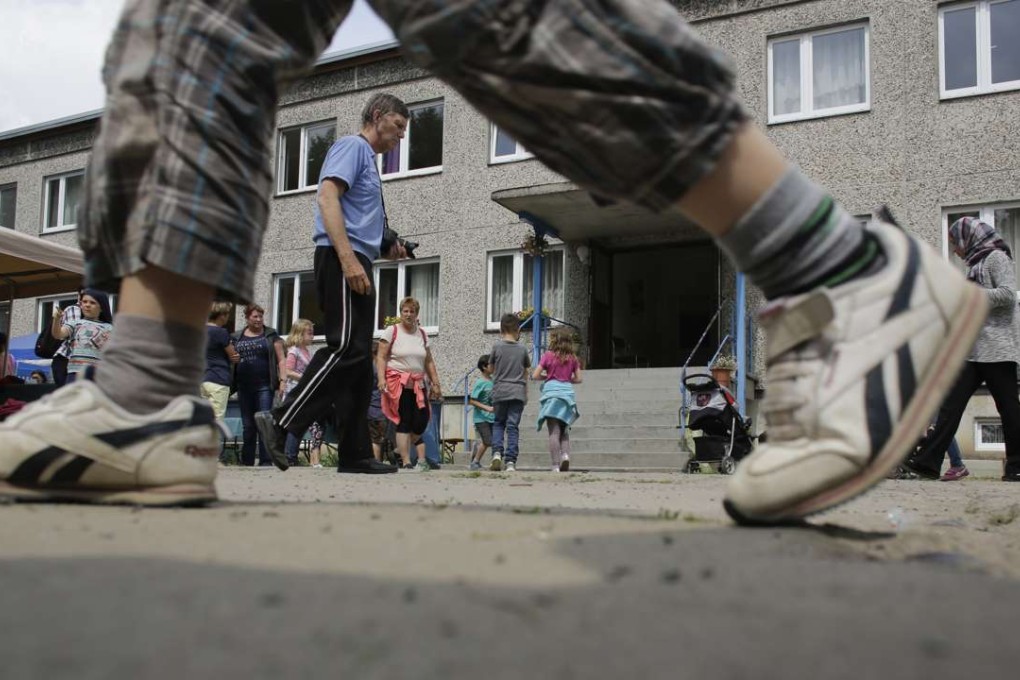
At the talent show in Golzow’s elementary school, the highlight is a Syrian girl proudly singing a German pop hit to applause from her classmates.
The scene last week in the tiny town near the Polish border – population 870 – came a year after Golzow launched what principal Gaby Thomas calls an act of “mutual rescue”.
They saw a chance to get out of the strange situation of living in tents and were willing to move
The school couldn’t get together the 15 students needed to set up a first-grade class, and that had Mayor Frank Schuetz fearing for his town’s future.
“If we had allowed this school to crumble away, we also would have had to accept families saying, ‘you can’t move to Golzow, your children will have to go to school somewhere else,’” he said.
In this thinly populated area of what was once communist East Germany, which has seen its population shrink since the reunification of Germany in 1990, “any infrastructure has very significant value”.
So the town’s leaders went to a refugee reception centre in nearby Eisenhuettenstadt and persuaded two Syrian families to move to Golzow. They brought with them three children of school age – salvaging the school’s first grade and taking on the challenge of settling into a peaceful but hardly cosmopolitan rural backwater.
